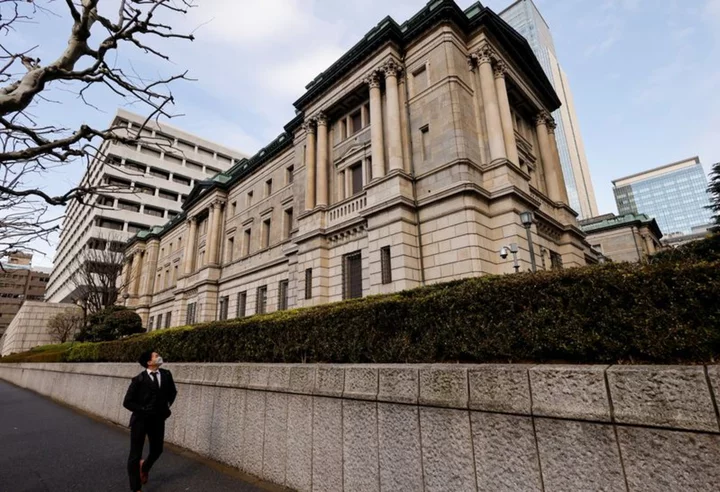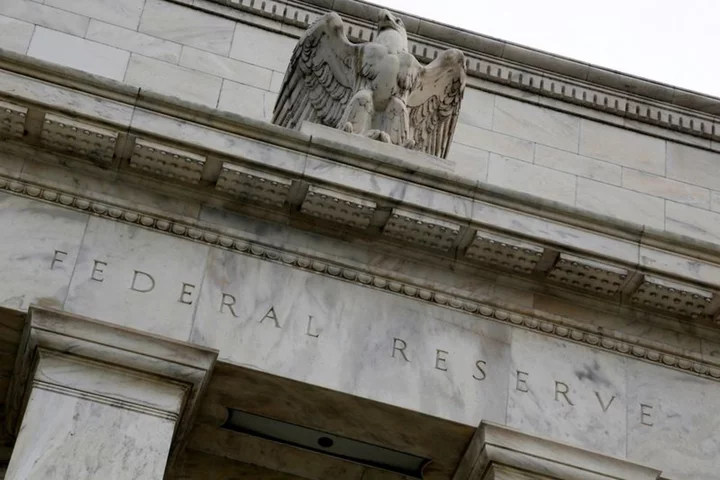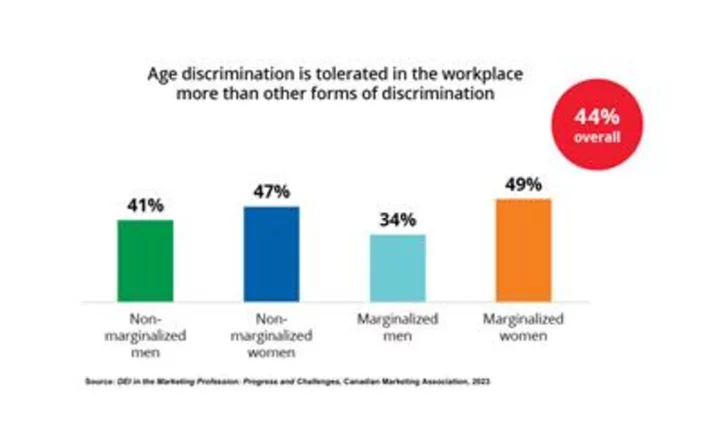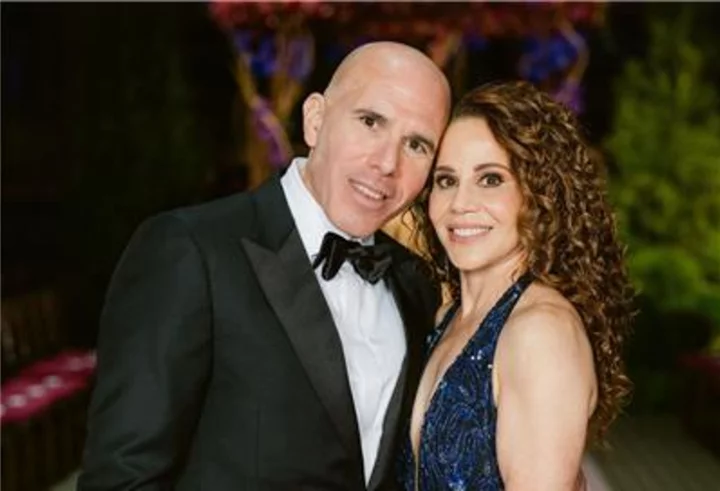By Leika Kihara
TOKYO (Reuters) -The Bank of Japan made its yield curve control policy more flexible and loosened its defence of a long-term interest rate cap on Friday, in moves seen by investors as a prelude to an eventual shift away from massive monetary stimulus.
While the central bank kept ultra-low interest rates and stressed the need to maintain monetary support, it said the tweak to yield curve control (YCC) would allow it to respond "nimbly" to risks including rising inflation.
The announcement shook markets, with the yen and yields surging and stocks tumbling in volatile trade as some investors saw the BOJ's decision as an effective removal of the 0.5% yield cap and preparation for an exit from accommodative monetary policy.
Japan has been an outlier among global central banks, with the BOJ maintaining loose monetary policy even as major economies elsewhere scrambled to hose down the strongest inflation in years with aggressive interest rate hikes.
"Although the BOJ left the cap unchanged at 'around 0.50%', the subtle changes in language suggest that they are gearing up, or at least open to, tweaking the YCC target at a future date, provided that conditions are supportive," said Carlos Casanova, senior Asia economist at UBP in Hong Kong.
At the two-day policy meeting that ended on Friday, the BOJ kept unchanged its short-term interest rate target at -0.1% and that for the 10-year government bond yield around 0%.
It also maintained guidance allowing the 10-year yield to move 0.5% around the 0% target, but said those would now be "references" rather than "rigid limits".
The BOJ said it would offer to buy 10-year Japanese government bonds (JGB) at 1.0% in fixed-rate operations, instead of the previous rate of 0.5%, signalling that it would now tolerate a rise in the 10-year yield to as much as 1.0%.
Ueda told a press conference the BOJ's tweak was a "pre-emptive" measure and that he did not expect the 10-year yield to hit 1%.
"By raising the upper limit for the fixed rate operations to 1%, the BOJ effectively widened the 10-year target band, making it easier for the central bank to flexibly guide the yield target," said Naomi Muguruma, senior market economist at Mitsubishi UFJ Morgan Stanley Securities.
"It made a stealth move in that sense."
Board member Toyoaki Nakamura dissented to the BOJ's decision on the view that while the decision to make YCC more flexible was desirable, the timing was premature.
The dollar surged against the yen and the 10-year JGB yield rose to 0.550% after the announcement, the highest since September 2014 while the Nikkei stock average plunged.
The BOJ's meeting comes after the Federal Reserve's decision on Wednesday to raise interest rates, a move that further widens the interest rate gap between the United States and Japan.
INFLATION EXPECTATIONS HEIGHTENING
In a quarterly outlook report, the BOJ revised up this year's core consumer inflation forecast to 2.5% from 1.8% projected in April. But it cut its fiscal 2024 forecast to 1.9% from 2.0% in April and maintained its 1.6% estimate for 2025.
Inflation has exceeded the BOJ's projections made in April and wage growth has accelerated, the central bank said, adding that there were changes in corporate wage- and price-setting behaviour.
Price expectations were also showing signs of heightening again, it said.
"Taking into account extremely high uncertainty on the economic and price outlook, it is appropriate to enhance the sustainability of monetary easing under the current framework by conducting yield curve control with greater flexibility and nimbly responding to upside and downside risks," it said.
Since introducing YCC in 2016, the BOJ had little trouble controlling bond yields when inflation remained well below its target. That changed last year, when soaring commodity prices pushed inflation above the 2% target and gave investors reason to attack the yield cap.
After buying huge amounts of bonds to defend the then 0.25% ceiling, the BOJ last December widened the yield band and now allows the 10-year yield to rise by up to 0.5%.
With wages and inflation rising, markets have been simmering with speculation of an early tweak to YCC.
Data released on Friday showed core consumer inflation in Japan's capital slowed in July but remained well above the central bank's 2% target, underscoring rising price pressure.
(Reporting by Leika Kihara; Editing by Sam Holmes)









